JULY 24(THU)
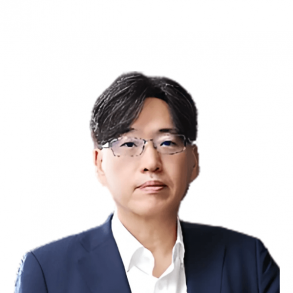
Session 3
SEO, Yongseok
Moon Soul Graduate School of
Future Strategy, KAIST
Professor

Session 3
SEO, Yongseok
Moon Soul Graduate School of Future Strategy, KAIST
Professor
Presentation Title
Economic Competencies Required by Future Society
Abstract
Today, we are facing an era of unprecedented uncertainty. This uncertainty is being structured in various dimensions such as the AI revolution, technology hegemony competition, demographic change, and climate crisis, which can act as a driving force for opportunities and innovation, not just a threat. We will have time for comprehensively analyzing these multidimensional changes from the perspective of economic capabilities and seeking strategies and action plans to turn them into opportunities.
CV
(Present) Professor, The Moon Soul Graduate School of Future Strategy, KAIST
(Former) Research Fellow, Korea Institute of Public Administration
(Former) Senior Research Engineer, KT Economic Management Research Institute
(Former) Chairperson of Basic Plan for National Strategy and Technology, Ministry of Science and ICT
(Former) Subcommittee Chairperson for Comprehensive Animal Welfare Plan, Ministry of Agriculture, Food and Rural Affairs
(Former) Member, Alchemist Grand Challenge Member, Ministry of Trade, Industry and Energy
(Former) Adjunct Professor, National Human Resources Development Institute
(Former) Policy Advisory Committee Member, Ministry of the Interior and Safety
(Former) The Mid- and Long-Term Strategy Cilvilian Member, Ministry of Economy and Finance
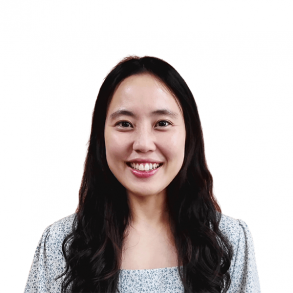
Session 3
CHO, Seonyeong
Korea Development Institute(KDI)
Senior Research Associate

Session 3
CHO, Seonyeong
Korea Development Institute(KDI)
Senior Research Associate
Presentation Title
Different Needs, One Goal: Rethinking Economic Education in the Digital Age
Abstract
Digital technologies have become deeply embedded in every aspect of our economic lives. Each generation faces unique demands when it comes to economic competency, from digital natives who have grown up in an online world to older generations more accustomed to traditional offline economic activities. This presentation will examine these generational differences and explore how economic education can evolve to effectively meet the needs of a rapidly changing digital enviornment.
CV
(Present) Senior Research Associate, Korea Development Institute(KDI)
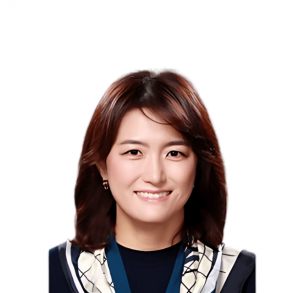
Session 3
KIM, Youngeun
The Federation of Korean Industries Entrepreneurship Power House
Senior Director

Session 3
KIM, Youngeun
The Federation of Korean Industries Entrepreneurship Power House
Senior Director
Presentation Title
Abstract
We’ve learned the 3 elements of production: Land, Labor, and Capital. However, the ability to organize these three elements and create new values through innovation, that is to say, entrepreneurship is the most important era.
Entrepreneurship not only creates economic wealth, but it is also a key driver of changing society and culture.
Beyond the meaning of starting a business, it is also a different name for leadership that designs and executes the future.
The Federation of Korean Industries uses entrepreneurship as a K-growth engine, and defines it as the innovation spirit of everyone.
Office workers, teachers, housewives, doctors, soldiers, and civil servants are all ‘Entrepreneurs.’
To this end, we want to work together to consider how entrepreneurship education can be an innovative teaching tool that not only imparts entrepreneurial skills, but also fosters problem-solving abilities, self-directed learning and social responsibility.
CV
(Present) Senior Director, The Federation of Korean Industries Entrepreneurship Power House
(Former) Senior Director of Economic Education, The Federation of Korean Industries
(Former) Director of Research Support, Korea Economic Research Institute
(Former) Adjunct Professor of Economics, Dankook University
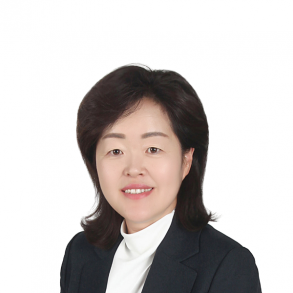
Session 3
BYUN, Jongim
National Institute for Lifelong Education
Executive Director
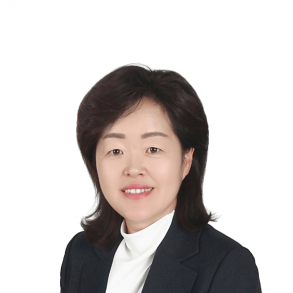
Session 3
BYUN, Jongim
National Institute for Lifelong Education
Executive Director
Presentation Title
Economic and Financial Education for Working Adults and Retirees
Abstract
This presentation aims to share the current status of economic and financial education for Korean adults in the context of preparing for the future of economic education amid a rapidly changing economic environment. To this end, it first explores the need for economic and financial education throughout the life cycle and then reviews various case studies targeting working adults and retirees. Based on these cases, the presentation offers suggestions on the future direction and key tasks of adult economic and financial education.
In Korea, economic and financial education is not yet a familiar or widely accessible form of learning for most adults. Nevertheless, local governments, nonprofit organizations, financial institutions, corporations, and lifelong learning institutions are making efforts to provide economic knowledge and enhance financial independence. These initiatives take various forms: economic literacy or personal finance management as part of liberal arts education, entrepreneurship education within vocational training, and financial literacy programs designed specifically for older adults.
Some adults recognize economic and financial education as essential life skills, placing importance on managing their finances effectively. However, many others remain unaware of its significance. If economic and financial education does not become an integral part of everyday education, this awareness gap may continue to widen.
Economic and financial education should help individuals achieve financial stability, strengthen their economic capabilities, and adapt to the evolving economic landscape. Furthermore, it should serve as a form of civic education, enabling individuals to make better economic decisions and fulfill their responsibilities as informed citizens. In this sense, economic and financial education should empower individuals not only to manage their own finances but also to collaborate with others to solve social problems, adapt to change, and create new opportunities in the economy.
To achieve these goals, there must be diverse, accessible learning opportunities tailored to different life stages—especially for working adults and retirees—within their local communities.
For working adults, education should address topics such as financial stability, money management, diversification of income sources, digital finance, and adaptation to e-commerce. For retirees, it should focus on topics such as fraud prevention, retirement fund management, legal aspects of trust and inheritance, and the use of mobile and digital financial tools.
When life-stage-specific and customized economic education is provided as a universal form of learning across the entire lifespan, it will contribute not only to individuals’ financial stability and improved quality of life but also to the overall economic well-being of society.
CV
(Present) Executive Director, National Institute for Lifelong Education
(Present) Advisory Committee member for Economic Education, KDI
(Present) RISE Committee Member, Ministry of Education
(Former) Member of ESD, UNESCO
(Former) Research Fellow, KEDI
(Former) Director, The Korean Society for the Study of Lifelong Education
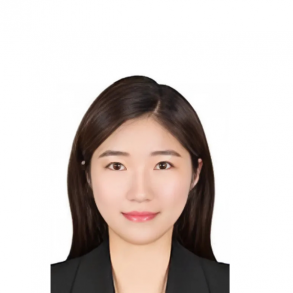
Session 4
LEE, Sujin
Jeju Jungang Girls High School
Teacher

Session 3
LEE, Sujin
Jeju Jungang Girls High School
Teacher
Presentation Title
Economic Education for a Sustainable Society
Abstract
Reflect on capitalism and understand the need for economic education for a sustainable society. Through economic education, learners develop critical thinking skills to have an alternative perspective on capitalist society, and through the process of contemplating and practicing together, everyone can envision a sustainable future.
CV
(Present) Teacher, Jeju Jungang Girls High School
(Former) Debator, The 6th Economic Education Workshop
(Former) 1st Economic Education Class Designers, KDI
Co-authored [How to Conduct Oral Assessments in Social Studies], 2025
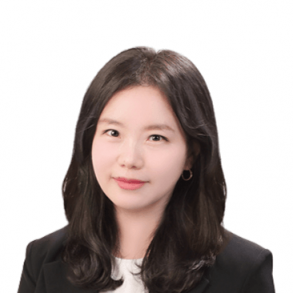
Session 4
SON, Eungyeong
Incheon Regional Economic Education Center
Specialized Lecturer

Session 3
SON, Eungyeong
Incheon Regional Economic Education Center
Specialized Lecturer
Presentation Title
From Vulnerability to Self-Reliance: The Beginning of Change Made by “Economic Education”
Abstract
Economic education for vulnerable populations should go beyond simple knowledge transfer and serve as a practical tool for them.
Faced with challenges such as economic instability, limited access to information, and digital exclusion, these individuals are inherently more vulnerable in managing their financial lives.
Therefore, financial education should be practical and tailored to each individual’s circumstances and level of understanding, helping them gain confidence through small successes and ultimately empowering them to take control of their lives.
In other words, economic education is a journey to develop the power to lead one’s own life.
CV
(Present) Specialized Lecturer in Economic Education, Incheon Regional Economic Education Center
(Former) Financial Supervisory Service (FSS) Certified Financial Education Instructor, KDI
(Former) Insturctor, Seoul Independant Living Support Organization
(Former) Economic Mentor, Self-Reliance Information ON




